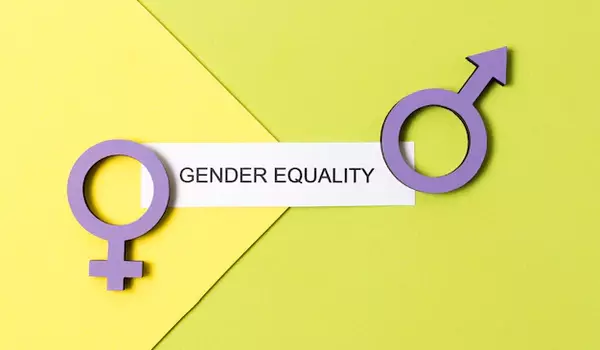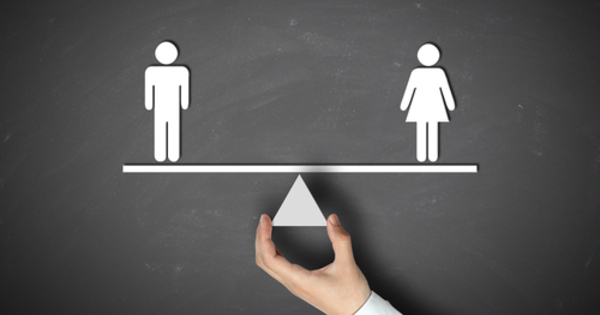Gender equality can improve the health and well-being of both men and women, potentially leading to longer and healthier lives. While increased gender equality has significant benefits, it is only one of many factors that might influence health outcomes. Other factors, including as genetics, socioeconomic level, access to healthcare, and lifestyle choices, all play important roles in determining health and longevity.
The first global study to look at how gender equality affects life expectancy discovered that when it increases, both men and women live longer. However, differences between countries classified as regions based on socioeconomic development and geographic proximity suggest that, while progress in gender equality initially benefits women’s lives and health, it also helps men live longer lives, eventually closing the gender gap in life expectancy.
Lead author Dr Cat Pinho-Gomes, Honorary Research Fellow at The George Institute for Global Health, UK in partnership with Imperial College London, said the results — published in the lead-up to International Women’s Day — suggest that addressing longstanding gender inequality and empowering women might help extend longevity for both women and men.
This suggests that investing in education is critical, particularly in low- and middle-income countries where many girls continue to be denied access to education and resources are scarce.
Dr Pinho-Gomes
“Many of the factors that determine how long you will live – like working and living conditions, exposure to pollution, access to health care, education, income, and social support – are layered with gender differences around the world,” she said.
“As countries make greater progress towards gender equality and women are afforded the opportunity to participate more fully in in political, economic, and social life, the whole of society reaps the rewards.”
According to the World Economic Forum’s most recent study, global issues such as growing living costs, the COVID-19 pandemic, the climate emergency, and large-scale conflict and displacement are impeding progress toward gender parity. This, in turn, may jeopardize socioeconomic development and improvements in living and working conditions, limiting recent gains in life expectancy.
The researchers used a modified global gender gap index (mGGGI) based on the index developed by the World Economic Forum (WEF) and applied it across 156 countries between 2010 and 2021 to investigate whether gender equality was associated with life expectancy (LE) for women and men and to assess the gender gap in life expectancy across the globe.

The WEF’s Global Gender Gap Index benchmarks the current state and evolution of gender parity across four key dimensions (Economic Participation and Opportunity, Educational Attainment, Health and Survival, and Political Empowerment). For this study, the health dimension was excluded because it includes healthy life expectancy, which was the subject of this study.
Among the three dimensions included in this study (i.e., political, economic, and educational), gender equality in education had the strongest association with longer LE for both women and men.
“This suggests that investing in education is critical, particularly in low- and middle-income countries where many girls continue to be denied access to education and resources are scarce,” Dr Pinho-Gomes noted.
“Even in high-income countries, where significant progress has been made in recent years to address gender inequalities, investing in gender equality may still benefit life expectancy, particularly for men.” This analysis confirmed what we had previously observed for EU countries using a different indicator, so strengthening the validity of our findings.”
“The weaker association between gender equality in the political domain and the gender gap in LE raises concerns about how gender equality is being implemented by political systems worldwide,” she added.
“As recent resignations of high-profile female politicians have demonstrated, women continue to face significant challenges in this field, including discrimination, balancing private, family, and political life, gaining support from political parties, and securing campaign funding.”
Overall, each ten percent rise in the mGGGI was related with a 4.3-month increase in women’s LE and a 3.5-month increase in men’s LE in 2021, resulting in an 8-month greater gender gap, but there was significant variance between geographical regions.
“Our study has important implications for policymakers all over the world, especially as the world slowly recovers from the myriad shocks caused by the COVID-19 pandemic, which had a gendered impact across multiple domains of life,” Dr Pinho-Gomes noted.





